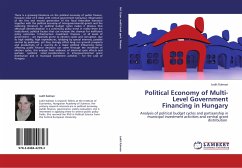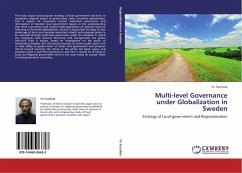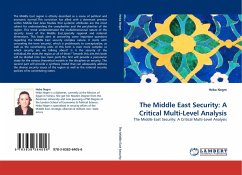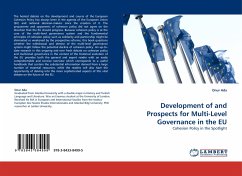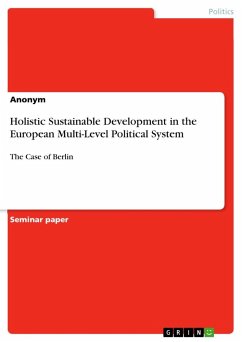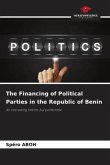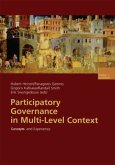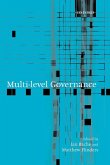There is a growing literature on the political economy of public finance, however most of it deals with central government behaviour. Observation of the first and second generation of the fiscal federalism literature together with the political economy of intergovernmental grants and the widening literature on political budget cycles makes it obvious that although decentralization is a continuing policy trend in reality there are institutional, political factors that can increase the chances for inefficient policy outcomes. Infrastructure investment finances - at all levels of government are especially prone to election cycles and corruption, due to high visibility, high expenditures, lobbying by special interests, possible control by politicians, yet they strongly effect long run growth prospects and productivity of a country. As a major political influencing factor affecting public finance decisions can come through the incentives of election cycles, this analysis finds evidence of electoral cycle effects and partisan (political color) considerations in intergovernmental grant distribution and in municipal investment activities for the case of Hungary.

